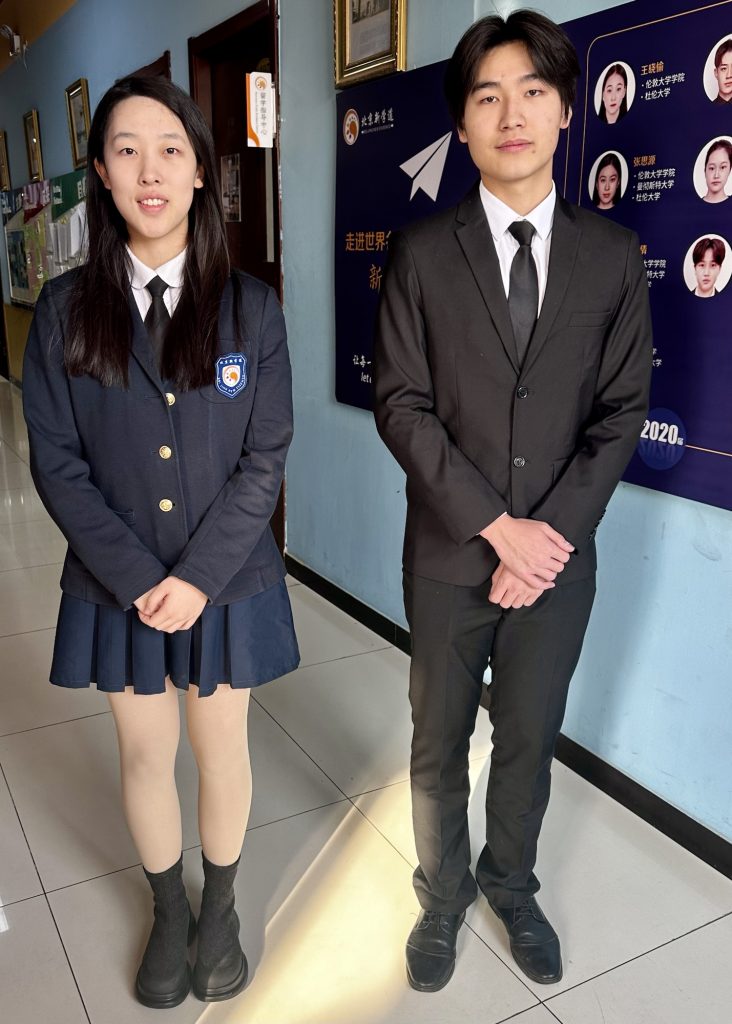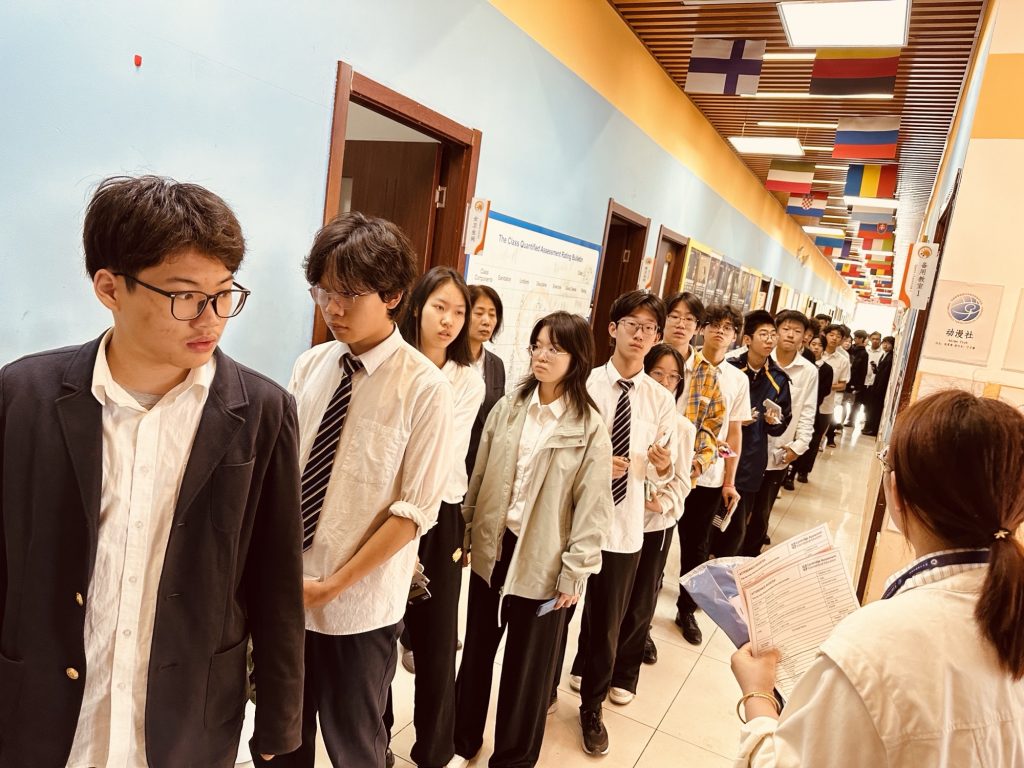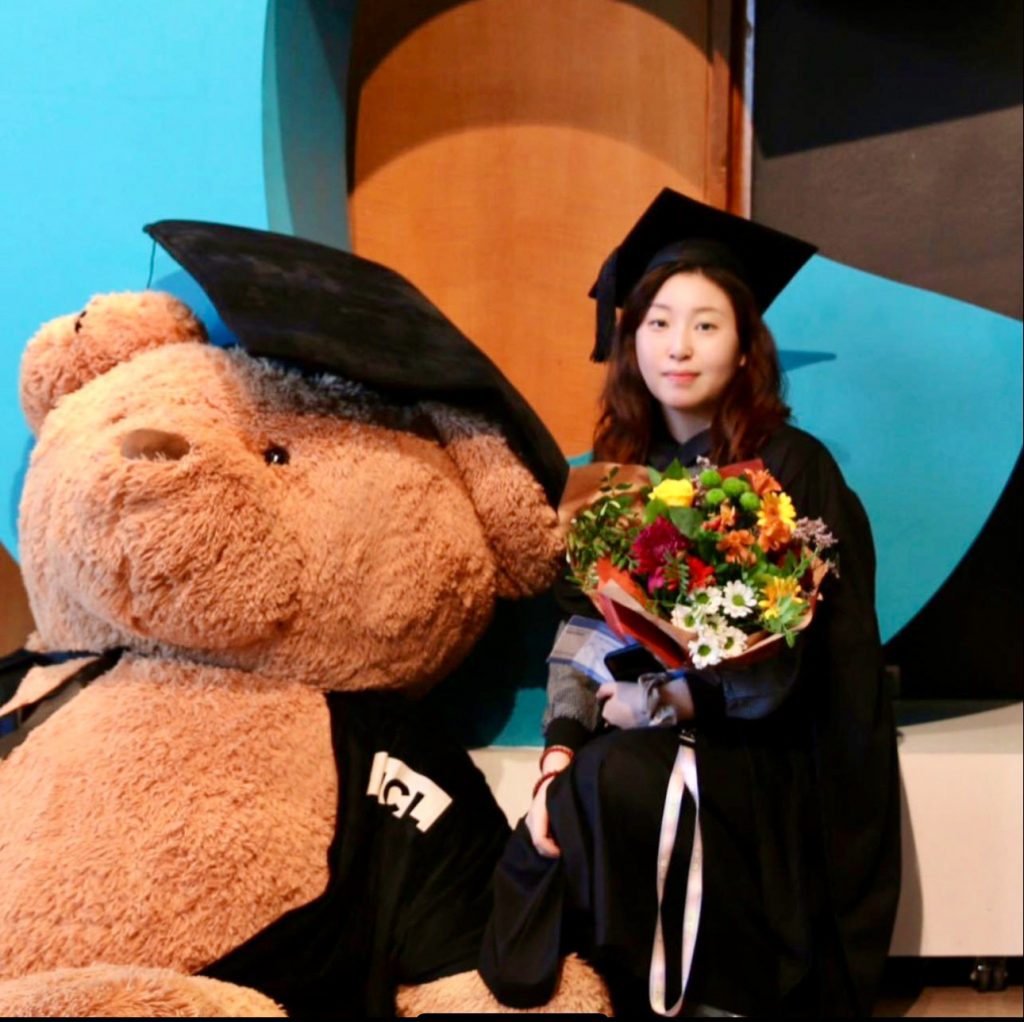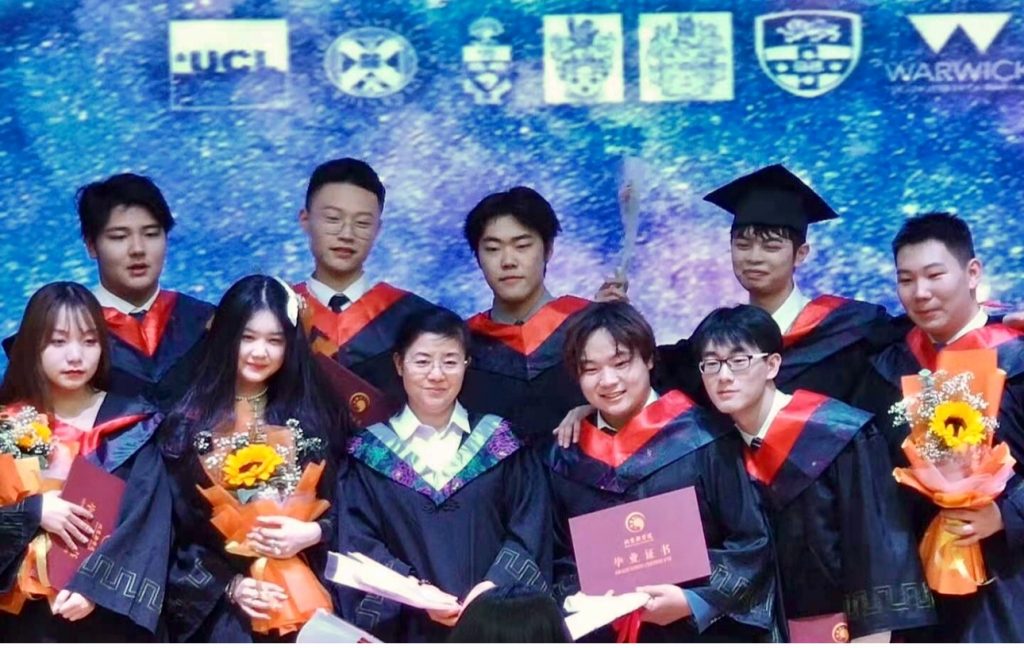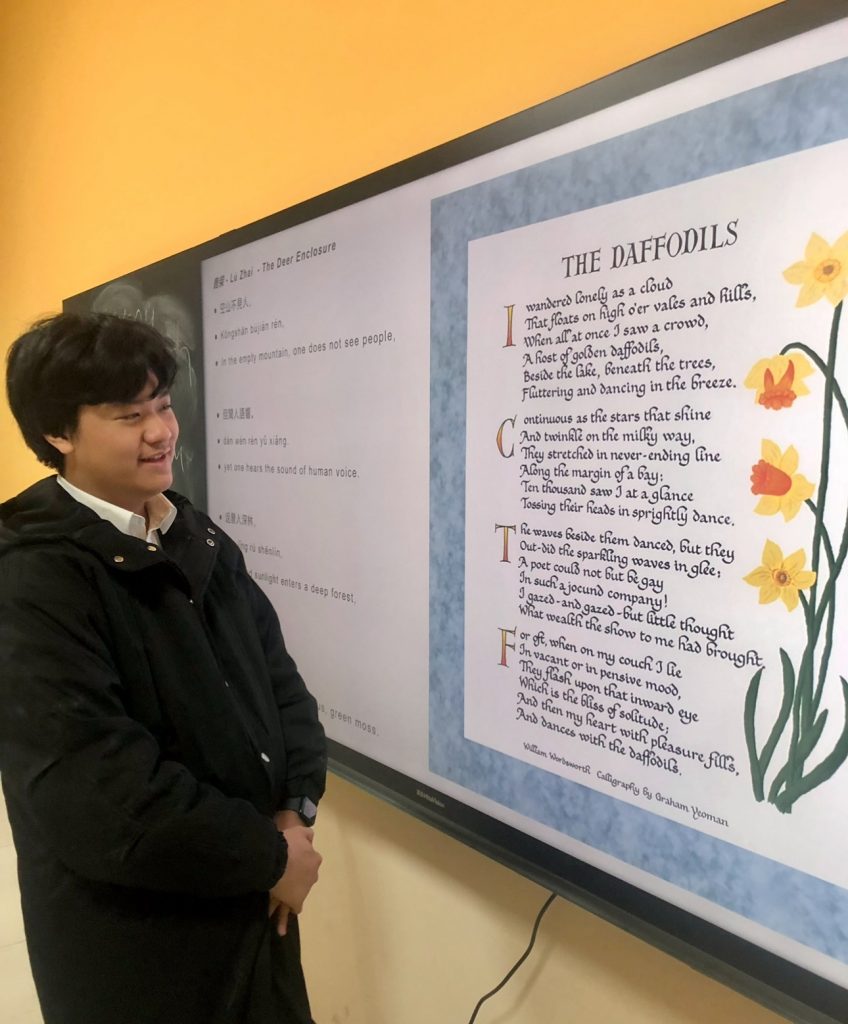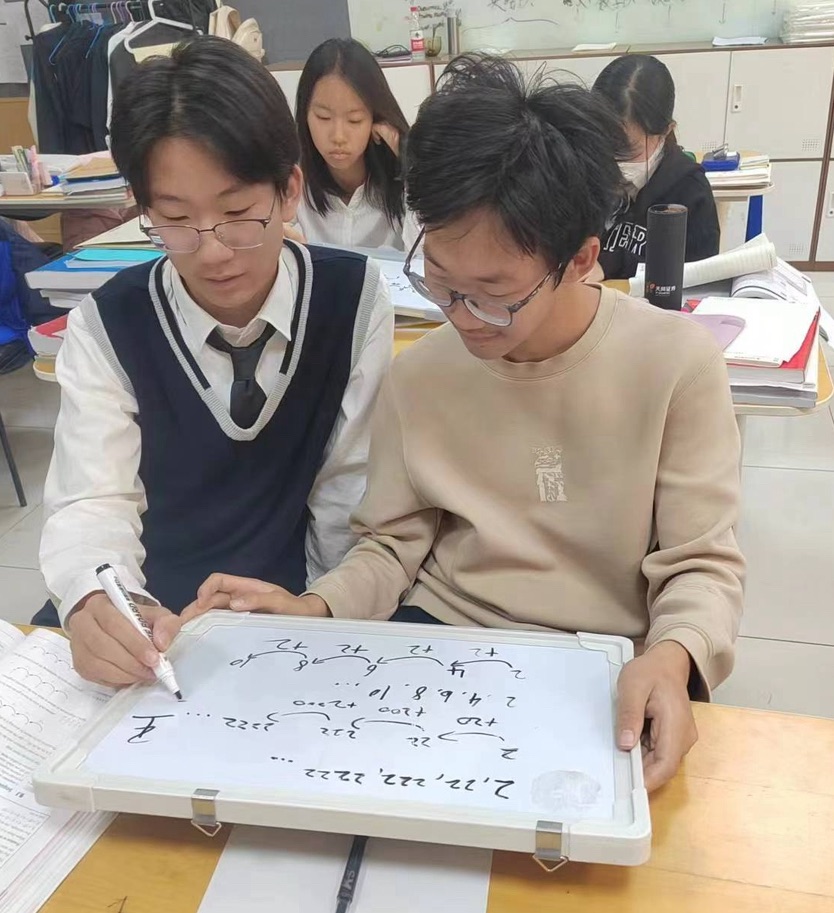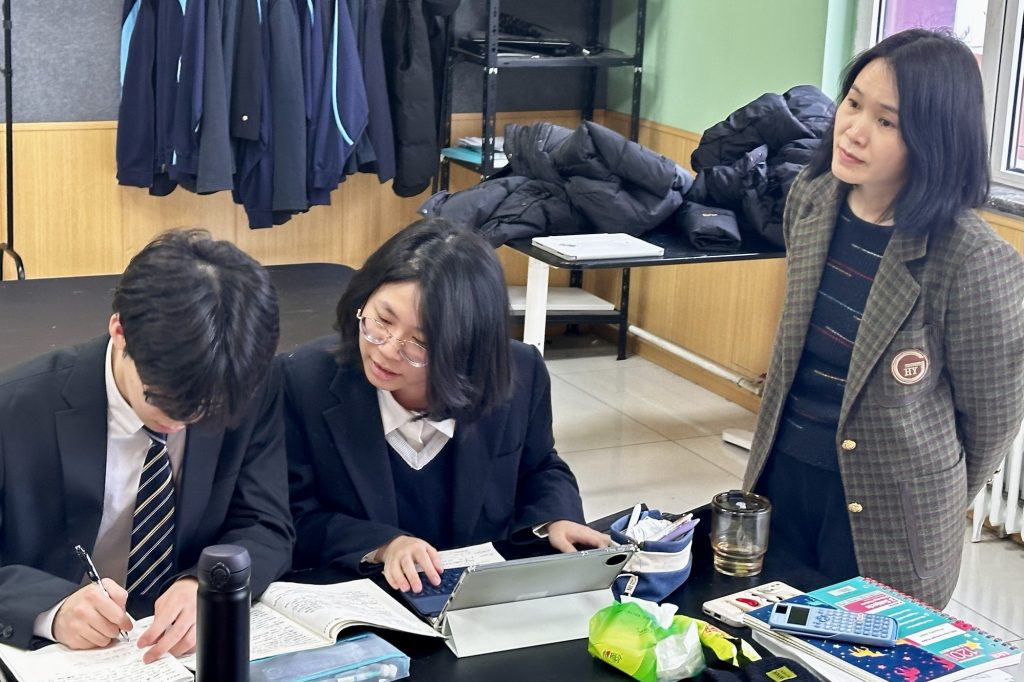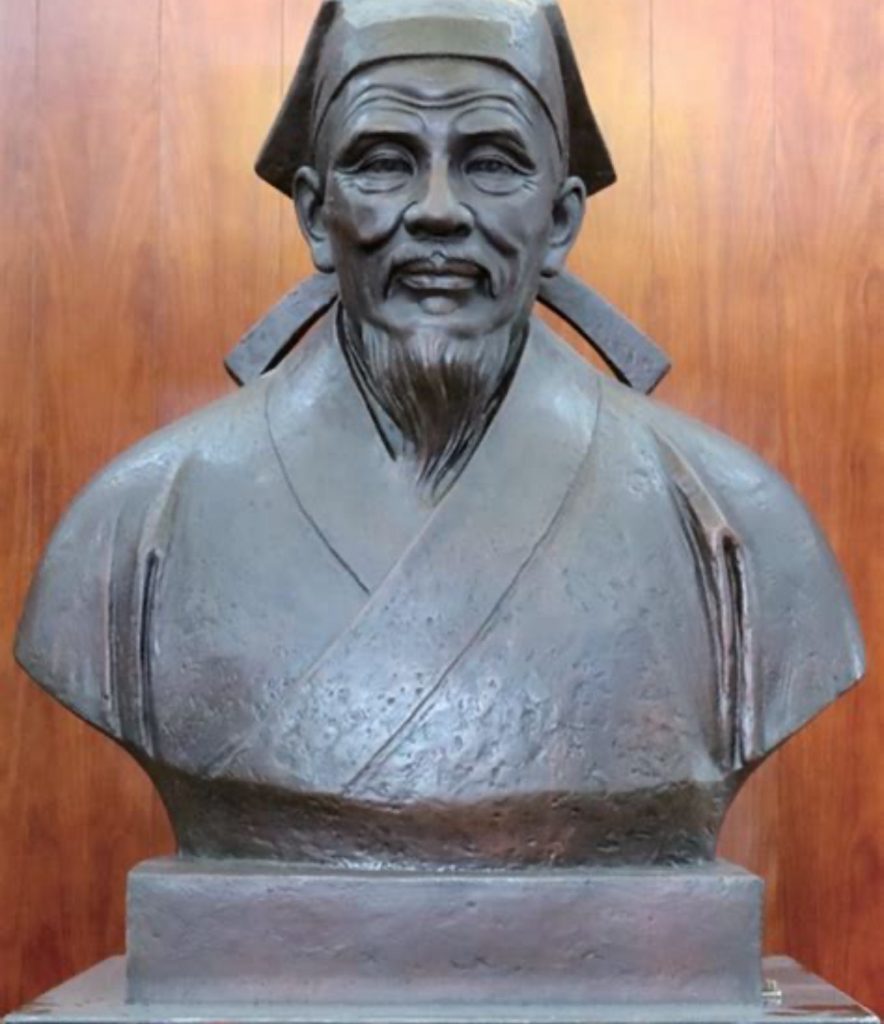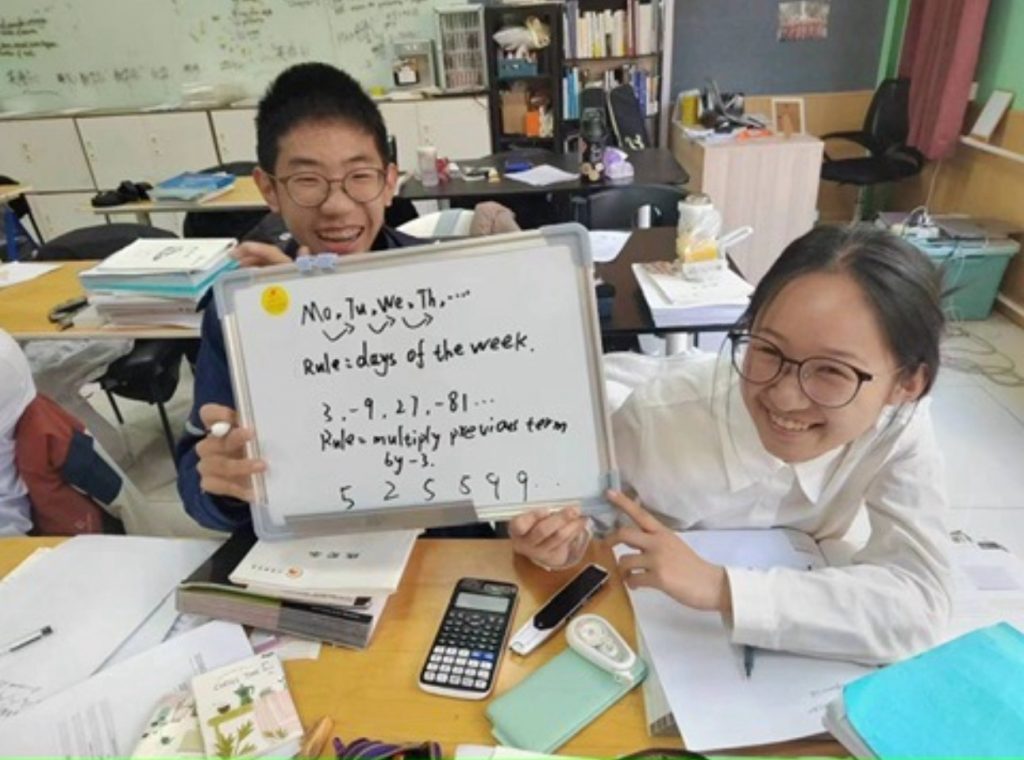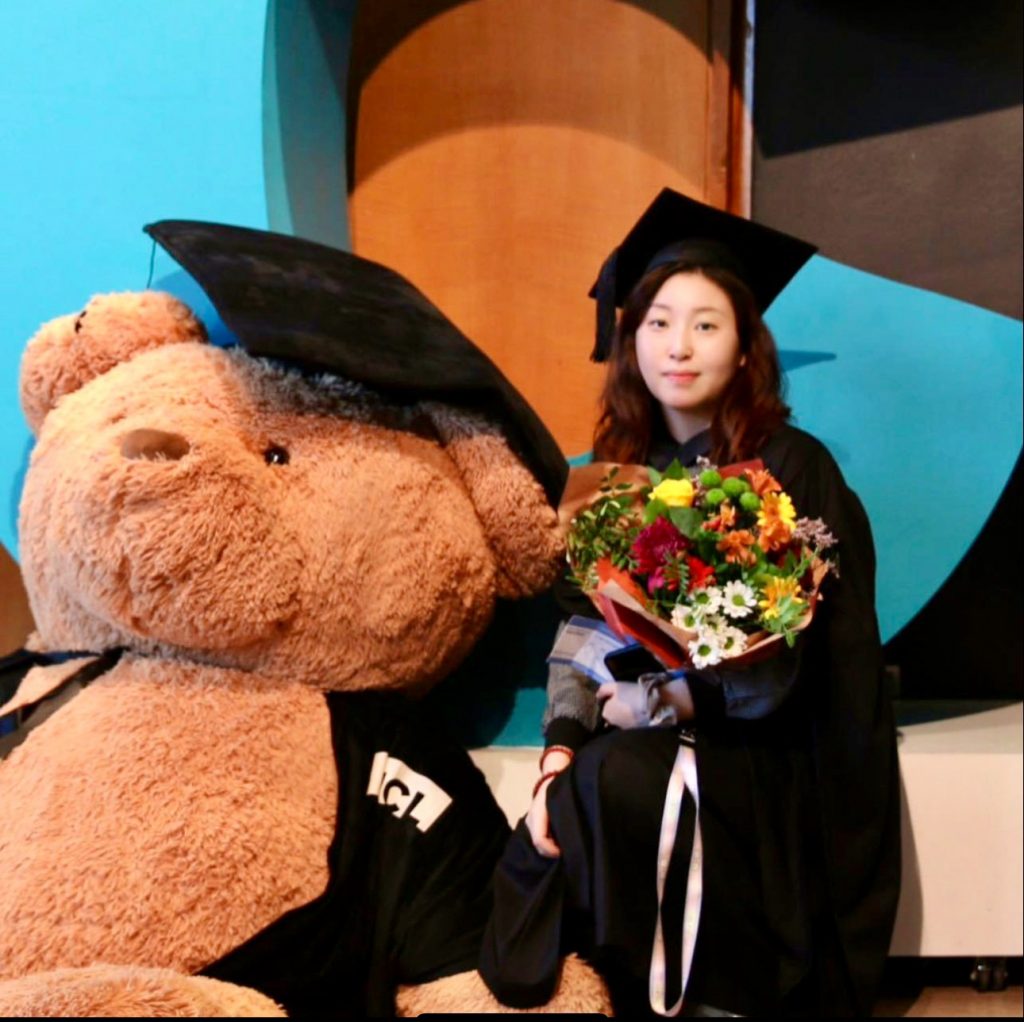
As we all know education exchange is one of the best ways to grow friendship and understanding between the people of Britain and the people of China. So today I’d like to share with you some thoughts from one of my ex students – Wang Xiao Yu. Wang studied IGCSE and A Level courses with me in Beijing, before successfully completing first a BSc in Psychology with Education and then an MSc in the same subject this year. Here she reflects on the importance of choosing a British university.
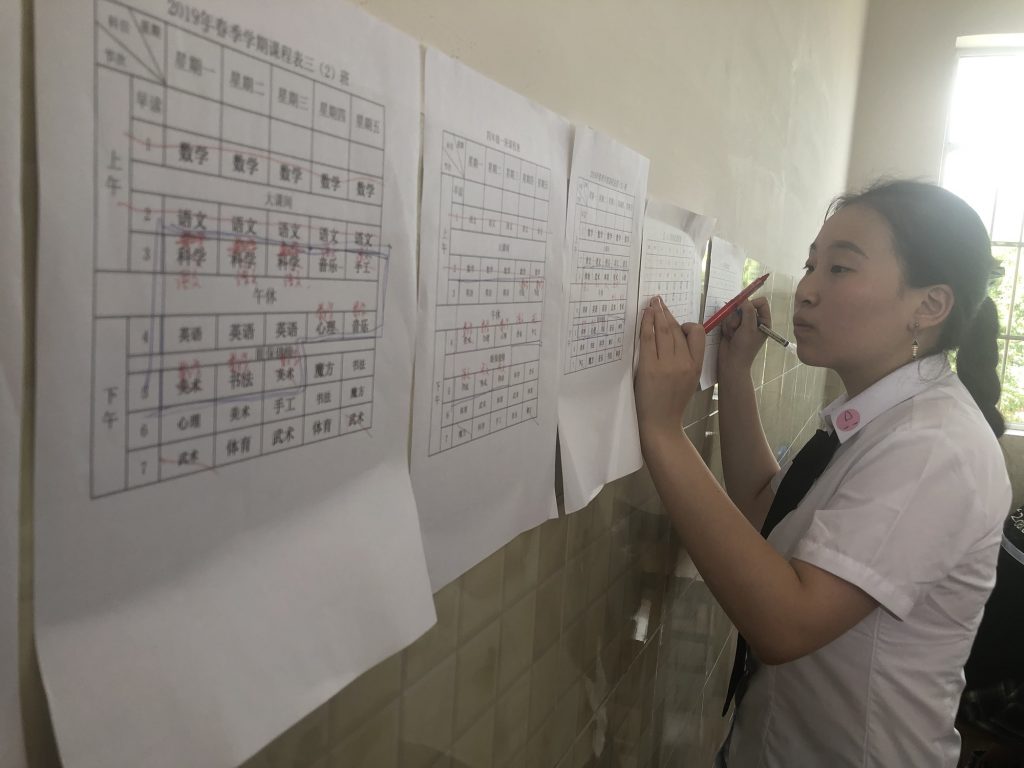
“ A Chinese Student’s Journey: Navigating University Life in the UK
Studying abroad is an adventure that promises both challenges and rewards. As a Chinese student pursuing my education in the UK, I embarked on a journey fuelled by aspirations and curiosity.
Choosing the UK: A Blend of Practicality and Passion
Selecting a destination for higher education is a pivotal decision, one that requires careful consideration of academic excellence, cultural fit, and personal aspirations.
For me, the UK emerged as a compelling choice, blending practical considerations with a passion for exploration and learning. British universities have high academic reputations. They attracted me with their rigorous curriculum, innovative research opportunities, and highly respected and professional faculty. As a student who aspires to excel in my chosen field, studying in an academically rich environment with world-renowned professors held immense appeal. The UK’s commitment to academic excellence, with its global recognition for pioneering research and innovation, affirmed my belief that pursuing my studies here would provide me with the knowledge and skills needed to thrive in an increasingly competitive world.
Beyond academic aspects, my decision to choose a UK university was also influenced by personal experiences of previous visits to the UK. The rich cultural heritage and diverse atmosphere, each encounter left an indelible mark on my consciousness, sparking a desire to delve deeper into the cultural tapestry of this dynamic nation. It is a place where I could interact with individuals from all walks of life and broaden my understanding of the world, making it a natural choice for my higher education pursuits. It symbolised not only a strategic step towards my future career but also a profound voyage of self-exploration and development. As I ventured into this new phase of my life, I embraced it with eagerness, expectation, and appreciation for the myriad opportunities awaiting me.
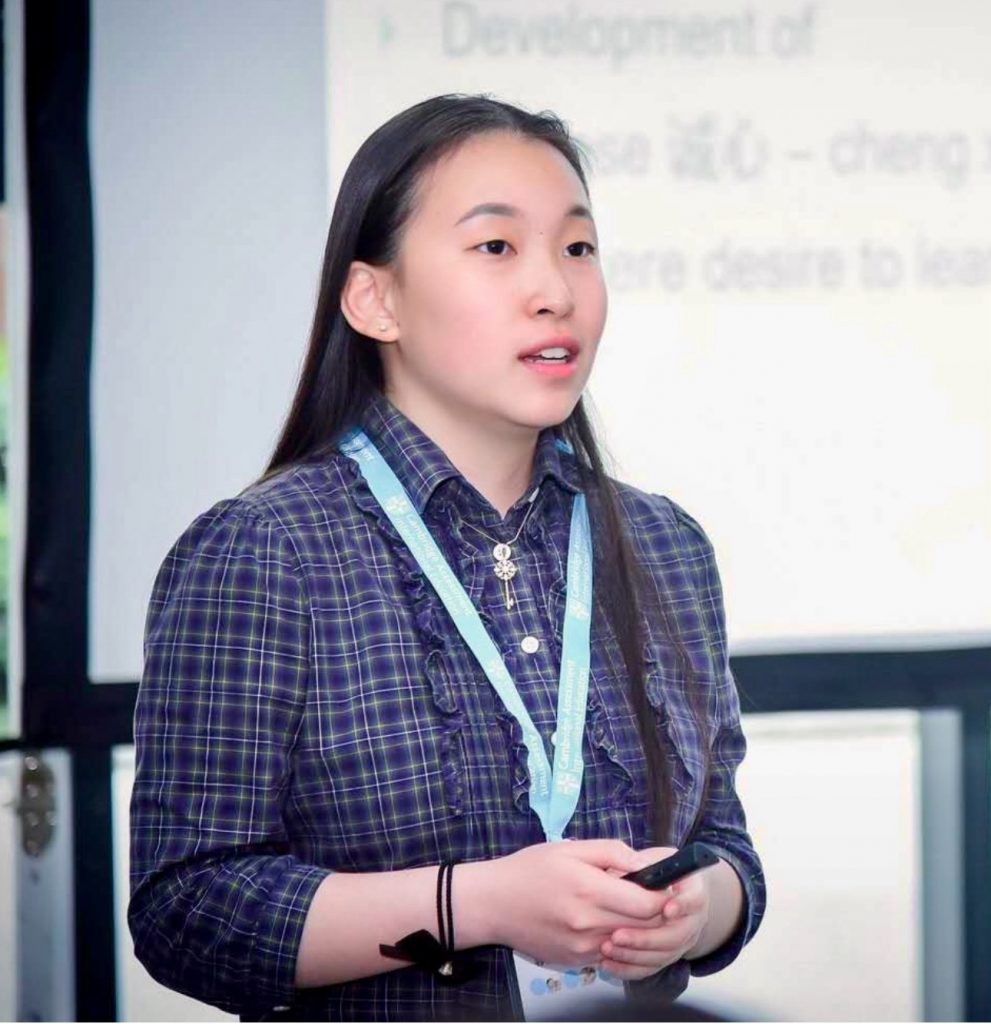
The Reality Unfolds: Surprises, Pressures and Balancing
Upon arrival, the reality of studying in the UK unfolded before me, blending seamlessly with my expectations in some aspects while challenging preconceptions in others.
The classroom dynamic, characterised by open discussions and encouraged participation, mirrored my anticipations. The emphasis on critical thinking and independent learning fostered a stimulating academic environment conducive to personal growth. Since I experienced such a classroom environment in my high school, I was able to integrate and immerse myself quickly in this style of teaching. The multicultural milieu provided opportunities for cross-cultural exchange and broadened my perspectives. Engaging with students from diverse backgrounds enriched my learning experience, fostering friendships and transcending geographical boundaries.
Shifting from learning to living experience, the UK provides vibrant cultural and recreational activities, offering avenues for exploration and enrichment outside the classroom. I explored endless enriched culture from world-renowned museums and galleries showcasing historical artefacts and fine art collections to the vibrant theatre scene and music festival of London’s West End.

Alongside this cosiness and surprise, there were also things in the UK that differed from my initial perceptions and caused me to feel stressed. Homesickness and cultural adjustment were the initial challenges for me, as being far away from family, friends, and familiar surroundings sometimes triggered my feelings of loneliness and disconnection, especially when I had not fully adjusted to the UK culture. I spent a long time integrating into new social circles, navigating unfamiliar social dynamics, and overcoming behavioural differences. Thanks to the support from my parents, friends, and tutors from the university, I was able to adjust my emotions to maintain good mental health and well-being.
Adaptation to a more independent way of life, including managing finances, accommodation, and daily tasks, posed subsequent obstacles. Compared to the structured support systems prevalent in China, navigating the intricacies of daily life in a foreign country demanded resilience and resourcefulness. Balancing academic pursuits with social engagements and personal responsibilities became a pivotal aspect of my university experience, and I am still trying to cope with them.

Friendship and Collaboration: Bridging China and UK Together
Reflecting on the relationship between English universities and China, it is evident that collaboration and exchange play a significant role in fostering mutual understanding and academic progress. Living in the UK offers students access to a vast network of professionals, industry experts, and alumni associations. Engaging in networking events, internships, and work placements provides valuable opportunities to build connections, gain practical experience, and enhance employability prospects. My university offers platforms for career plans and volunteering opportunities targeting individuals’ preferences and aims for their future jobs. They also organised workshops on teaching job CVs and interviews systematically to help students better face future challenges.
The growing partnerships between institutions facilitate research collaborations, student exchanges, and cultural initiatives, enriching the academic landscape for both nations. Student exchanges play a crucial role in fostering mutual understanding and building bridges between the UK and China. When studying in another country, I have the opportunity to immerse myself in a different academic environment, gain cross-cultural competencies, and form lasting friendships with peers from diverse backgrounds. I became friends with an Indian girl in one of my postgraduate classes. While the interaction and discussion of our ideas fulfilled my understanding of education and life in her country, she also gained more ideas about the history and interesting things that happened in China.
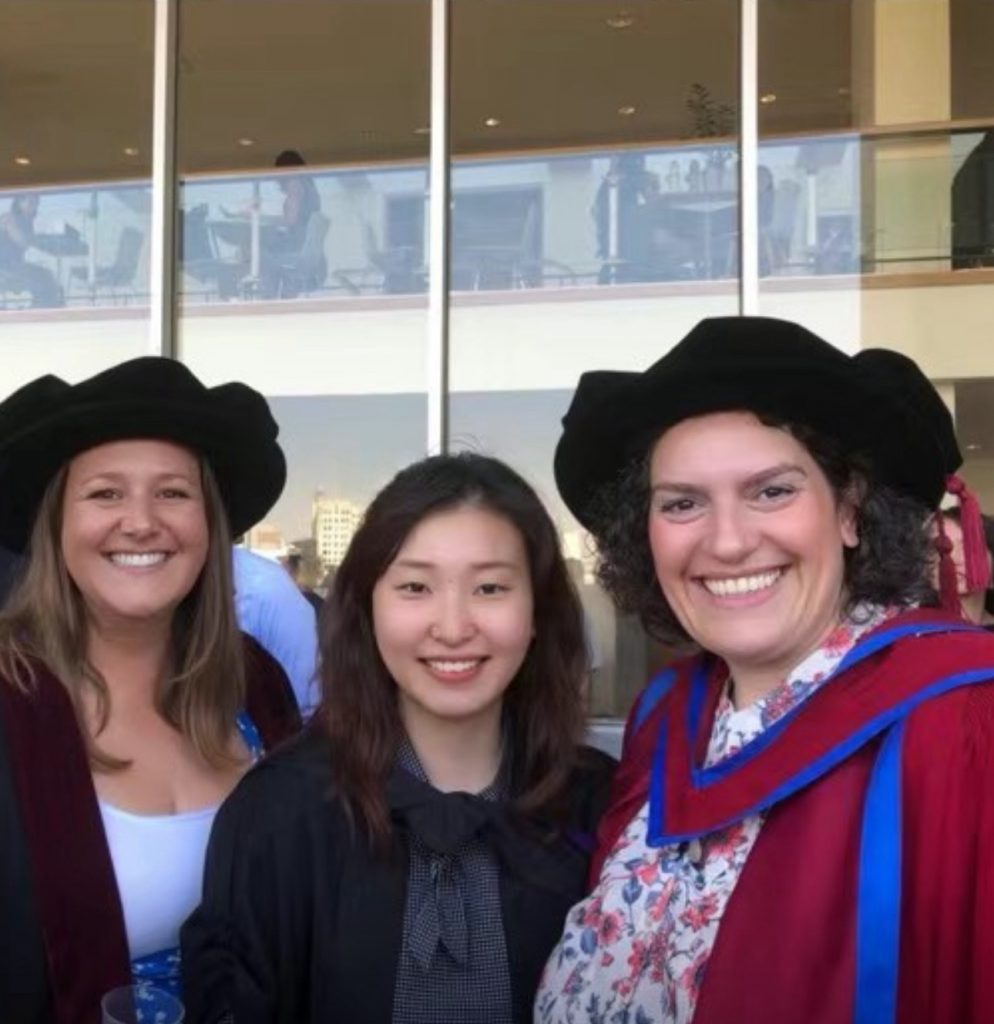
Studying in the UK as a Chinese student has been a transformative journey marked by personal and academic growth. While challenges abound, the experiences were invaluable in broadening horizons, developing lifelong friendships, and fostering a global perspective. As I navigate the complexities of university life, I am reminded the journey itself is as enriching as the destination, shaping me into a more resilient, adaptable, and culturally aware individual.”

In 2022, Wang Xiao Yu was one of nearly 700,000 international students who chose to study in a UK university, a figure second only to the US. In 2023 approximately 27,000 Chinese students chose to study in the UK. Every one of them will have a story similar to that of Wang Xiao Yu, a story of challenges, of opportunities, a story of the inevitable loneliness of leaving your native country and of the remarkable power of international friendships.

